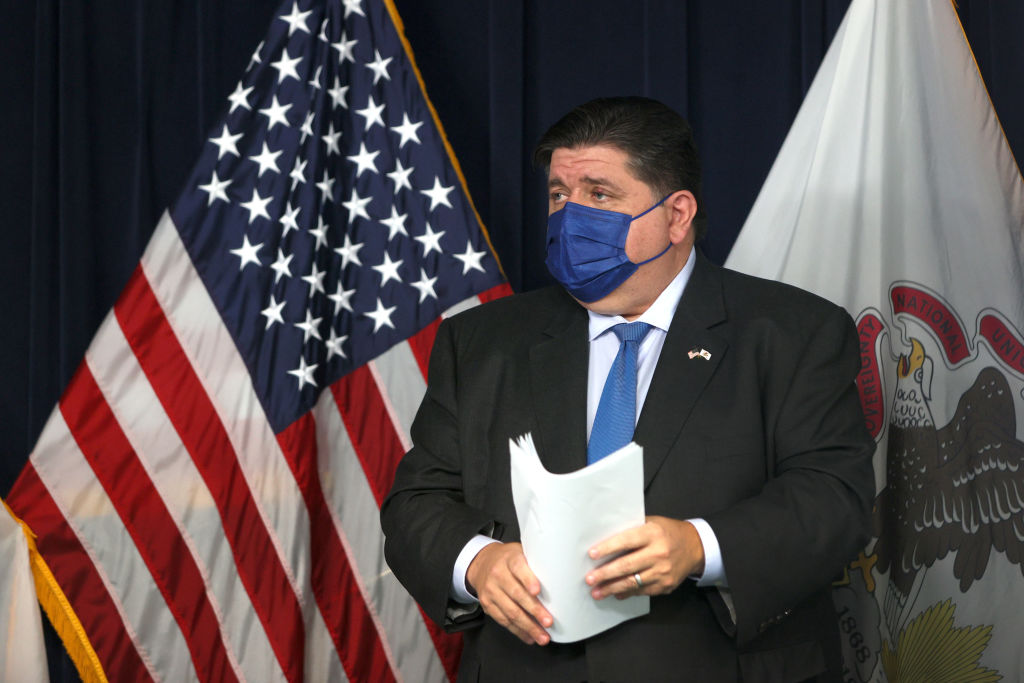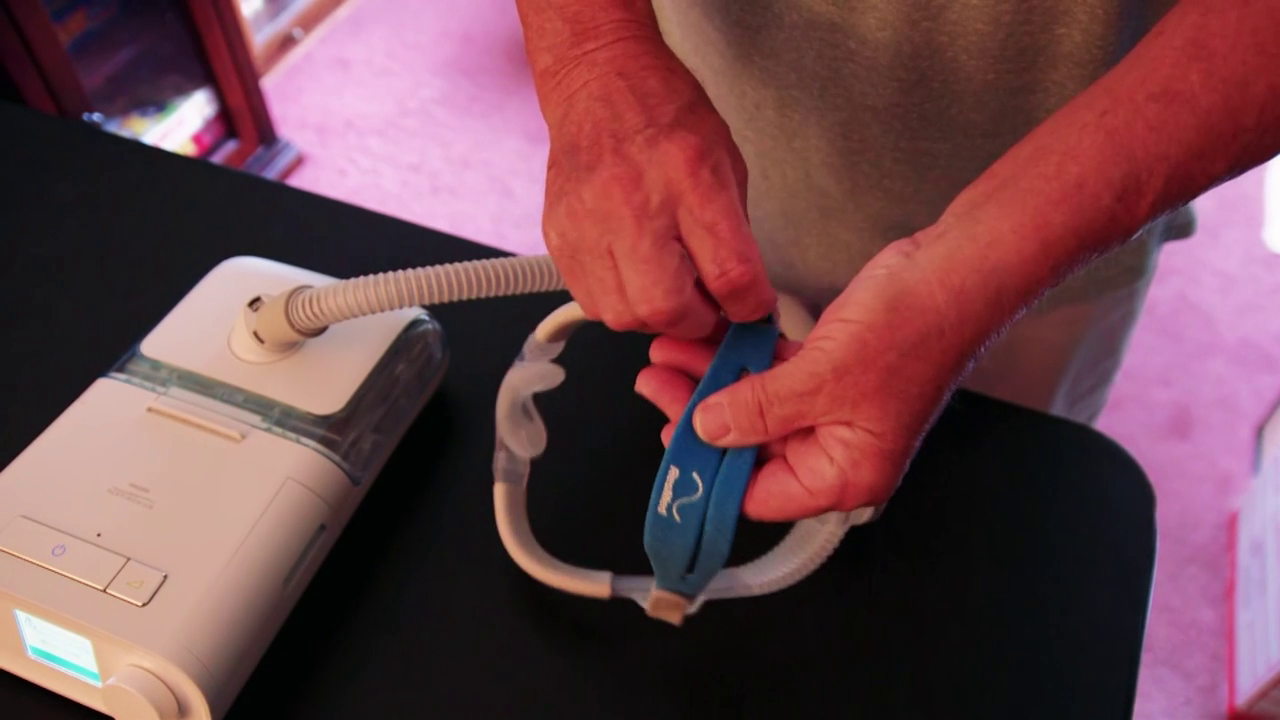It is supposed to be a lifeline: more than a billion dollars in federal rental and utility assistance funds earmarked by Congress for Americans hit hardest by the pandemic.
Illinois received a decent chunk of those funds: more than $800 million.
But records obtained by NBC 5 Responds show much of the state’s funding still sits in an account -- not yet disbursed -- all while the cloud of uncertainty over how long eviction moratoriums will last lies overhead for fearful tenants.
Housing and legal advocates, along with state officials, are preparing for a potential flood of housing woes.
Feeling out of the loop? We'll catch you up on the Chicago news you need to know. Sign up for the weekly Chicago Catch-Up newsletter here.
In a recent U.S. Census Household Pulse Survey, more than 109,000 Illinoisans answered it was likely they would face eviction and a little over 19,000 said the same about their homes falling into foreclosure.
That’s why Congress’ Emergency Rental Assistance program -- born out of the CARES Act -- is poised to save many from homelessness.
The problem, though, is the process of getting the money into the hands of those who need it most.
NBC 5 Responds examined the latest figures for two Illinois government bodies that currently hold the bulk of the rental assistance funds: the Illinois Housing Development Authority (IHDA) and the Department of Human Services (IDHS).
IHDA’s figures show it has distributed about 46 percent of the $504 million it has been tasked to deliver to tenants and landlords. To date, the office has received more than 96,000 applications for assistance through its online portal.
IDHS has taken a different approach to deliver its allocated funds.
Working through a network of community providers across the state, IDHS records show since April it has disbursed about 11 percent of the $117 million to more than 4,000 applicants.
Housing advocates told NBC 5 these findings show the need for the recent extension of the state’s eviction moratorium (to read more about that, click here). They explained more time is needed to get rental assistance into the hands of those who need it most.
In a virtual interview, IDHS Secretary Grace Hou agreed with the move to extend the state’s moratorium and stressed that the programs are working as swiftly as they can while also ensuring the funds are handed out in a responsible way.
“We have a very compassionate, but yet cautious kind of science-driven approach,” Hou explained. “We don't want our program to be negatively scrutinized down the road.”
Hou said IHDA’s rental assistance program was built to take in thousands of applications across the state virtually through an online portal and deliver funds directly to tenants and landlords.
But IDHS’ plan is different.
“We know that that one size doesn't fit all for tenants and landlords who are seeking assistance,” Hou said.
The IDHS plan for distributing rental assistance, Hou explained, is an “in-person, ground game”; played out by a team of grassroots, immigration, and faith-based organizations working with the agency to help assist communities that are most in need, and that may be fearful of asking the government for help.
To see a list of the IDHS rental assistance providers in your neighborhood, click here.
“People may be aware of the programs but there may be fear, in some communities, to actually access some of these programs,” Hou said, adding that some families need more than just rental assistance.
“We are working with families who potentially have an array of other challenges,” Hou said. “The programs are designed to kind of work hand-in-hand in targeting different households who are in different situations.”
The call for more rental assistance funds delivered faster is not unique to Illinois. This week, the Treasury Department acknowledged the bulk of funds earmarked nationwide -- 89% -- is still in the pipeline.
If state and local agencies do not distribute rental assistance funds by Sept. 30, the Treasury Department has the right to reallocate those funds to areas with continuing needs.
But, a local silver lining: the feds said Illinois is one of the most improved programs with its climb from handing out no funds in May to more than $96 million the following month.
Hou said she understands the sense of urgency, but state officials also have to balance it with thoughtful and strategic, and intentional processes.
While the IHDA application portal for tenants or landlords seeking rental assistance is temporarily closed, Hou said it will open back up in the coming weeks.
In the meantime, tenants and landlords can apply for assistance through IDHS’ provider network.



